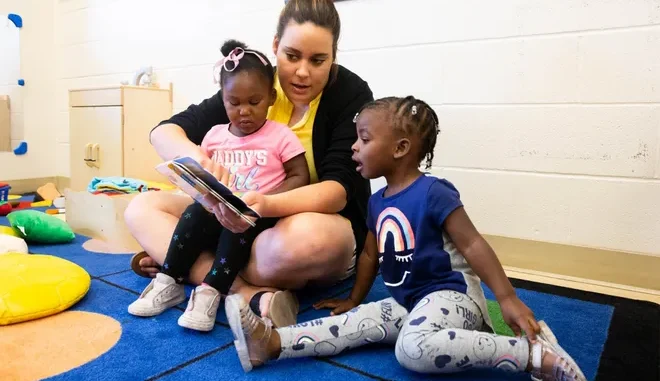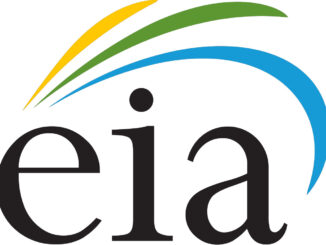
In order for Texas to recover from the pandemic, adults returning to work need a safe, nurturing place to leave their children. But our child care system was a mess before COVID and it’s in even worse shape now. We need to take steps to solve this crisis.
The child care system in Texas is being constrained by high operating costs, a dire shortage of workers, unsustainable reimbursement rates and scattered pathways for training new teachers, according to a new report issued last week by the nonprofit Council for a Strong America.
We were at the Capitol recently to release the report and urge Texas lawmakers and state government officials to strengthen child care. As the Director of Early Childhood Education for Texas-based nonprofit Children at Risk; a principal financial advisor and a member of national business leader group ReadyNation; and a retired U.S. Air Force Major General and member of national military leadership group Mission: Readiness, we bring varied perspectives to this issue, but we’re unified in our resolve.
Texas child care needs increased investments in compensation and benefits for its educators, better-articulated pathways to child care credentials and degrees, and enhanced professional development opportunities. The state will soon lose pandemic-era federal funds to help child care providers and families—meaning our leaders face another shortfall.
Among significant actions Texas could take would be to change child care reimbursement rates. Children at Risk released a report in April, The Quest for Equity and Quality Examining Provider Experiences and Participation in Texas Rising Star, about this dilemma squeezing child care providers. (Texas Rising Star is our state’s child care Quality Rating and Improvement system.)
Texas child care needs increased investments in compensation and benefits for its educators, better-articulated pathways to child care credentials and degrees, and enhanced professional development opportunities. The state will soon lose pandemic-era federal funds to help child care providers and families—meaning our leaders face another shortfall.
Among significant actions Texas could take would be to change child care reimbursement rates. Children at Risk released a report in April, The Quest for Equity and Quality Examining Provider Experiences and Participation in Texas Rising Star, about this dilemma squeezing child care providers. (Texas Rising Star is our state’s child care Quality Rating and Improvement system.)
The lack of quality, affordable child care is hurting our state’s economic growth. We’re seeing this crisis keep women from returning to the workforce post-pandemic. Meanwhile, poor early childhood learning can lead a child onto a path that leads to lifelong challenges. Those same forces also make our military strong or reduce its strength, as young people who struggle with these challenges will frequently fail to qualify for military service even if they wish to serve.
Outside of the support made possible by the Texas Star program, Texas makes no investments in the child care system. It’s past time for the state to invest in child care. It would help our families, strengthen the workforces of our employers, and improve the skills of child care educators.
When we ensure all children have access to high-quality early learning opportunities, we’re setting them up for success in school and beyond. When we don’t secure that early quality care, we leave employers without the workers they need and families in worse economic condition. We must start solving the problems in our child care system soon.
Kofron is Director of Early Childhood Education for Texas-based nonprofit Children at Risk. Miller is with CAPTRUST and is a member of business leader group ReadyNation. John Nichols, a former Texas Adjutant General, also contributed to this commentary.



